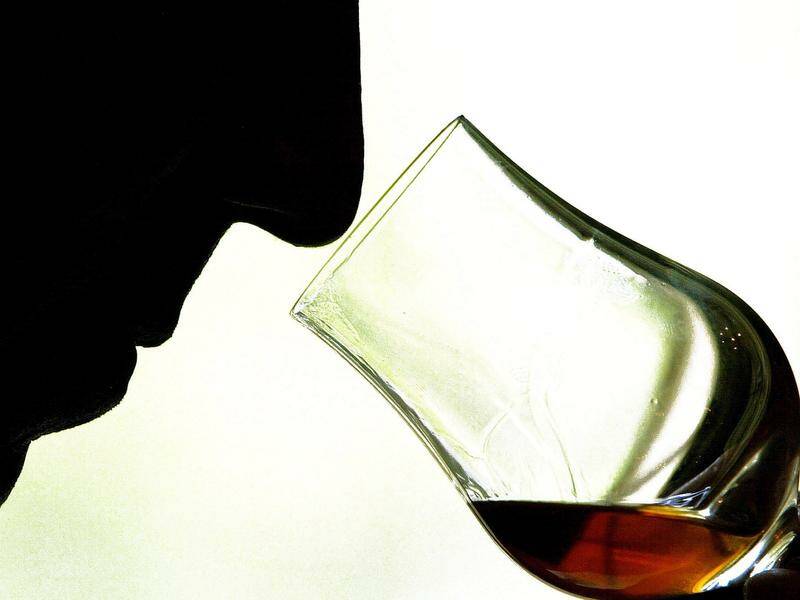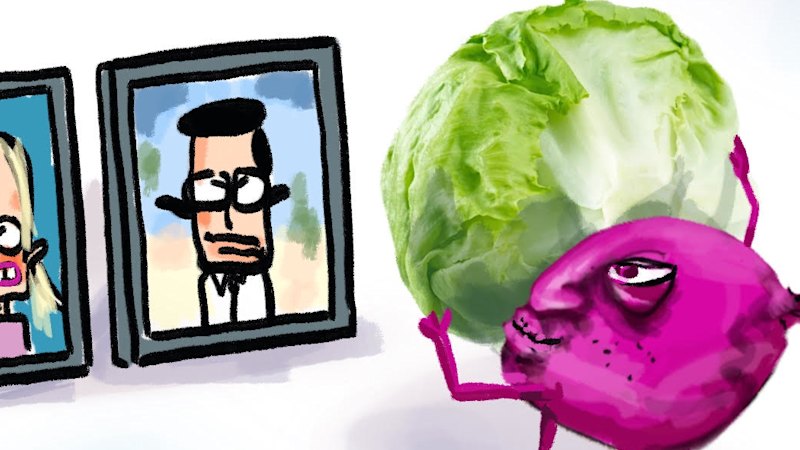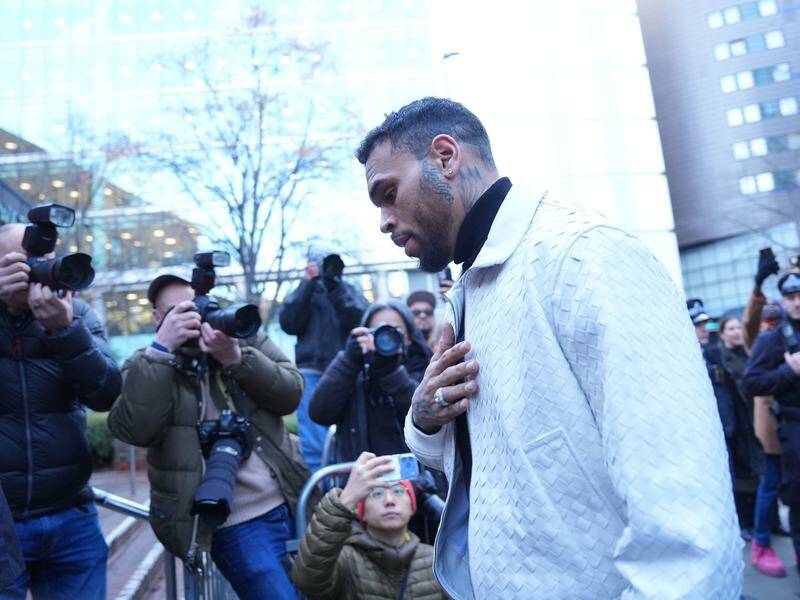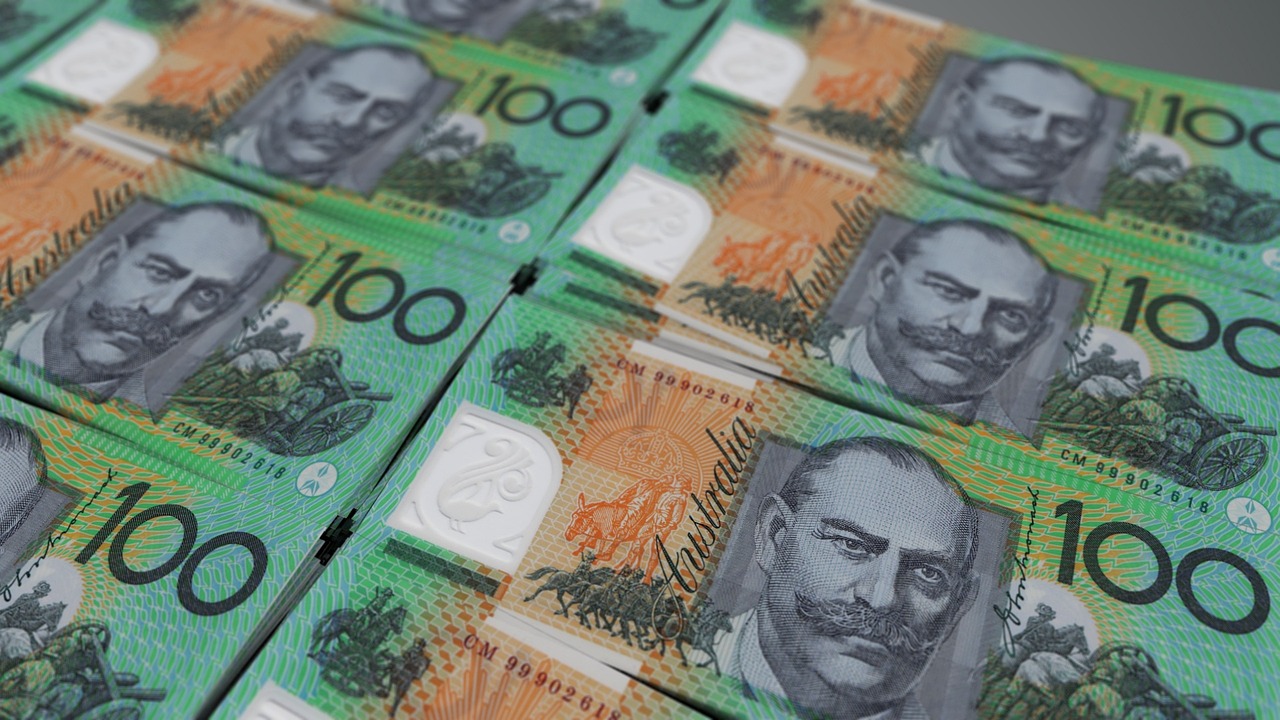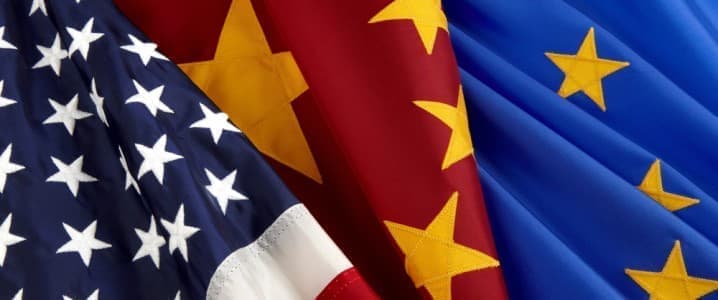
European Commission President Ursula von der Leyen and European Council President Antonio Costa are scheduled to meet with Chinese President Xi Jinping and Prime Minister Li Qiang in Beijing on July 24, 2023. This summit is expected to be contentious, with significant issues such as the ongoing war in Ukraine and a looming transatlantic trade war at the forefront of discussions. The European Union (EU) leaders will address long-standing concerns regarding human rights in regions like Tibet, Xinjiang, and Hong Kong, although Beijing is anticipated to dismiss such criticisms.
The central focus of the summit will likely revolve around China’s backing of Russia in the Ukraine conflict and the EU’s grievances regarding perceived unfair trade practices. These practices have contributed to a substantial trade deficit for Europe, which has ballooned to $350 billion, creating friction in EU-China relations. Prior to the summit, EU officials indicated that the leaders aim to be “direct, open and constructive” while being prepared to defend European interests.
Commemorating Diplomatic Relations
Initially meant to celebrate 50 years of diplomatic relations between the EU and China, expectations for the summit are tempered. While there were hopes for a joint declaration on climate initiatives, the likelihood of achieving concrete outcomes appears slim. This stands in stark contrast to the recent EU-Japan summit in Tokyo, which produced a comprehensive 24-page declaration addressing various policy issues, including security and rare earths.
The pivotal moment of the meeting is expected to be the morning session with Xi Jinping, where von der Leyen and Costa will engage in a “geo-strategic” discussion. The dynamics surrounding Ukraine will be crucial, especially following recent comments from Chinese Foreign Minister Wang Yi, who stated that China cannot accept a Russian defeat in the war. EU officials have now publicly acknowledged that 80 percent of dual-use items used by Russia in its military efforts originate from China, signaling a shift in Brussels’ approach to this sensitive topic.
Trade Tensions and Economic Implications
The afternoon discussions with Prime Minister Li Qiang will center on economic relations, a topic that is equally delicate. The EU and China are each other’s second-largest trading partners, with trade reaching an impressive $2.3 billion daily. However, the EU’s growing trade deficit has raised alarms in Brussels, which points to subsidies, procurement barriers, and export controls as significant irritants.
While no major breakthroughs are anticipated, EU officials hope China will acknowledge these concerns and take steps to stimulate domestic demand. The EU may also hint at potential reciprocal measures, referencing previous actions against Chinese electric vehicles and dairy products. The challenge lies in how far the EU is willing to go, given its reliance on China for essential minerals and technologies.
Additionally, the looming issue of EU-US relations adds another layer of complexity to the summit. If a trade deal cannot be reached soon, American tariffs of 30 percent could take effect on August 1, prompting Brussels to consider countermeasures against US products worth billions. One EU diplomat remarked that such a scenario would delight Beijing, which has long sought to exploit divisions between Europe and the United States.
In the wake of these developing trade tensions, China is likely to promote the narrative that it, along with Europe, represents the rules-based international trade order. Beijing may position the United States as the real source of trade distortion and protectionism. Depending on the developments in transatlantic negotiations, the EU might be tempted to entertain this rhetoric, further complicating the already intricate web of international relations.
